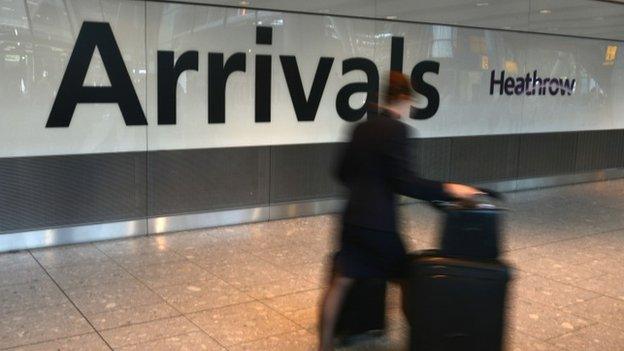Modern slavery fears: Nearly 100 held in nail bar crackdown
- Published
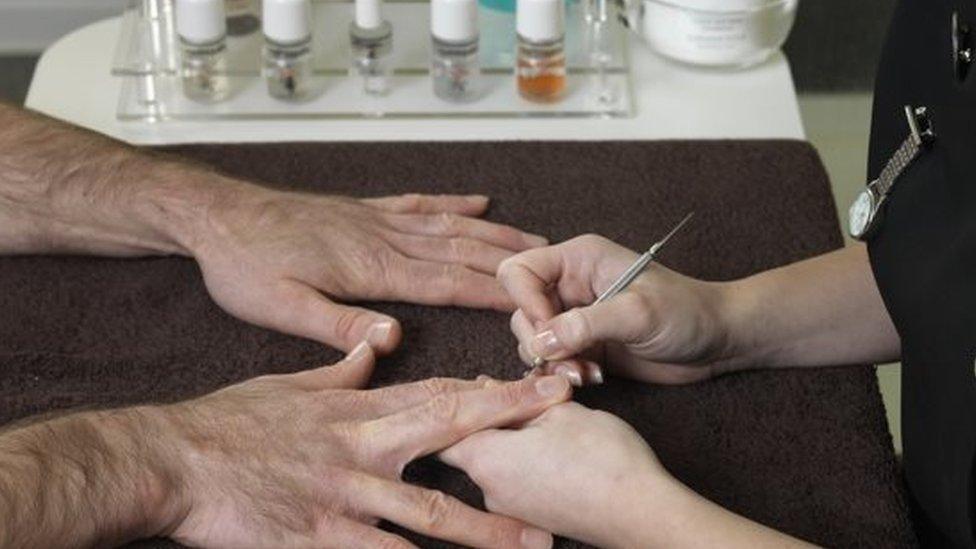
Nail bars are seen as a "risk" industry for employing illegal workers, many of whom may be trafficked
Nearly 100 people working in nail bars have been arrested on suspicion of immigration offences as part of a clampdown on illegal working.
Investigators targeted more than 280 nail bars in Edinburgh, London and Cardiff as part of the government's Operation Magnify on "risk" industries.
Immigration minister Robert Goodwill vowed to tackle the "barbaric crime" of modern slavery by targeting businesses.
The government said it would identify and help potential trafficking victims.
Most of the 97 people held were Vietnamese nationals, but they also included immigrants from Mongolia, Ghana, China, Nigeria, Pakistan and India.
Immigration officers visited the nail bars across the UK between 27 November and 3 December.
They sent warnings to 68 businesses that they will pay £20,000 per illegal worker if they cannot prove that they carried out appropriate right-to-work document checks.
Operation Magnify has also targeted the construction, care, cleaning, catering, taxi and car wash industries in 2016.
'Destroys lives'
Mr Goodwill said the operation sent a "strong message" to employers who abuse immigration laws.
"Modern slavery is a barbaric crime which destroys the lives of some of the most vulnerable in our society," he said.
In all, 14 of those arrested were passed to the National Referral Mechanism hub, a service supporting those identified as possible victims of slavery and human trafficking.
Many people working in plain sight in UK nail bars, on construction sites, in brothels, on cannabis farms and in agriculture are in fact suspected to be modern slaves.
Traffickers typically use the internet to lure their victims to the UK with hollow promises of jobs, education and even love - but offer a life of labour exploitation.
Prime minister Theresa May pledged in July to end the "great human rights issue of our time" of modern slavery.
Mrs May said a review , externalto mark the first anniversary of the Modern Slavery Act, which she drew up as home secretary, found there had been 289 modern slavery offences prosecuted in 2015 - and a 40% rise in the number of victims identified.
The legislation, introduced in 2015,, external states it is an offence if someone holds another person in slavery or servitude or requires them to perform forced or compulsory labour.
- Published31 May 2016
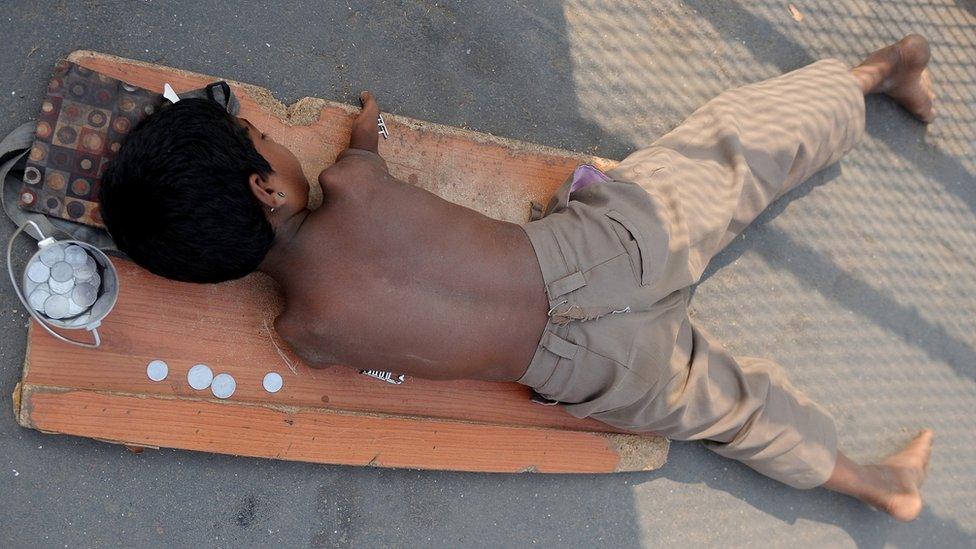
- Published9 June 2016
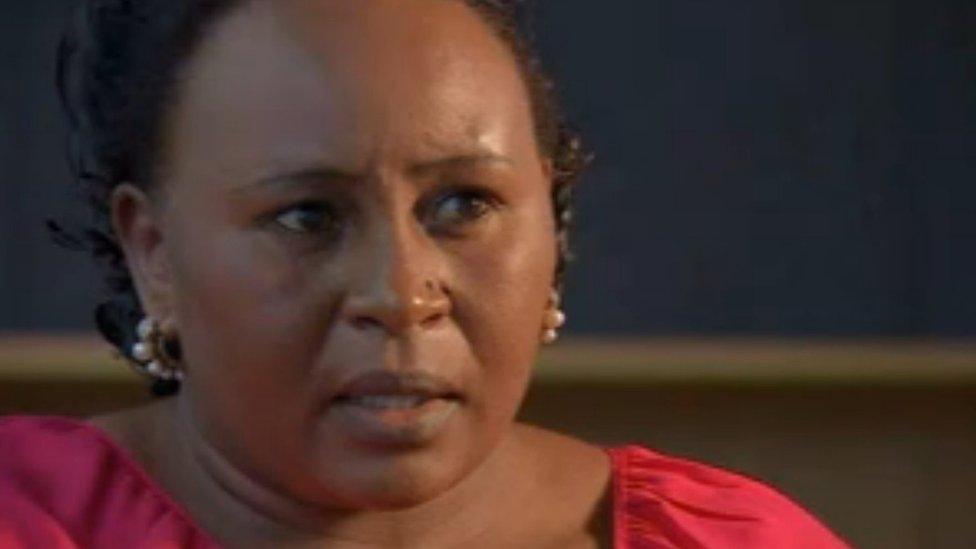
- Published16 October 2015
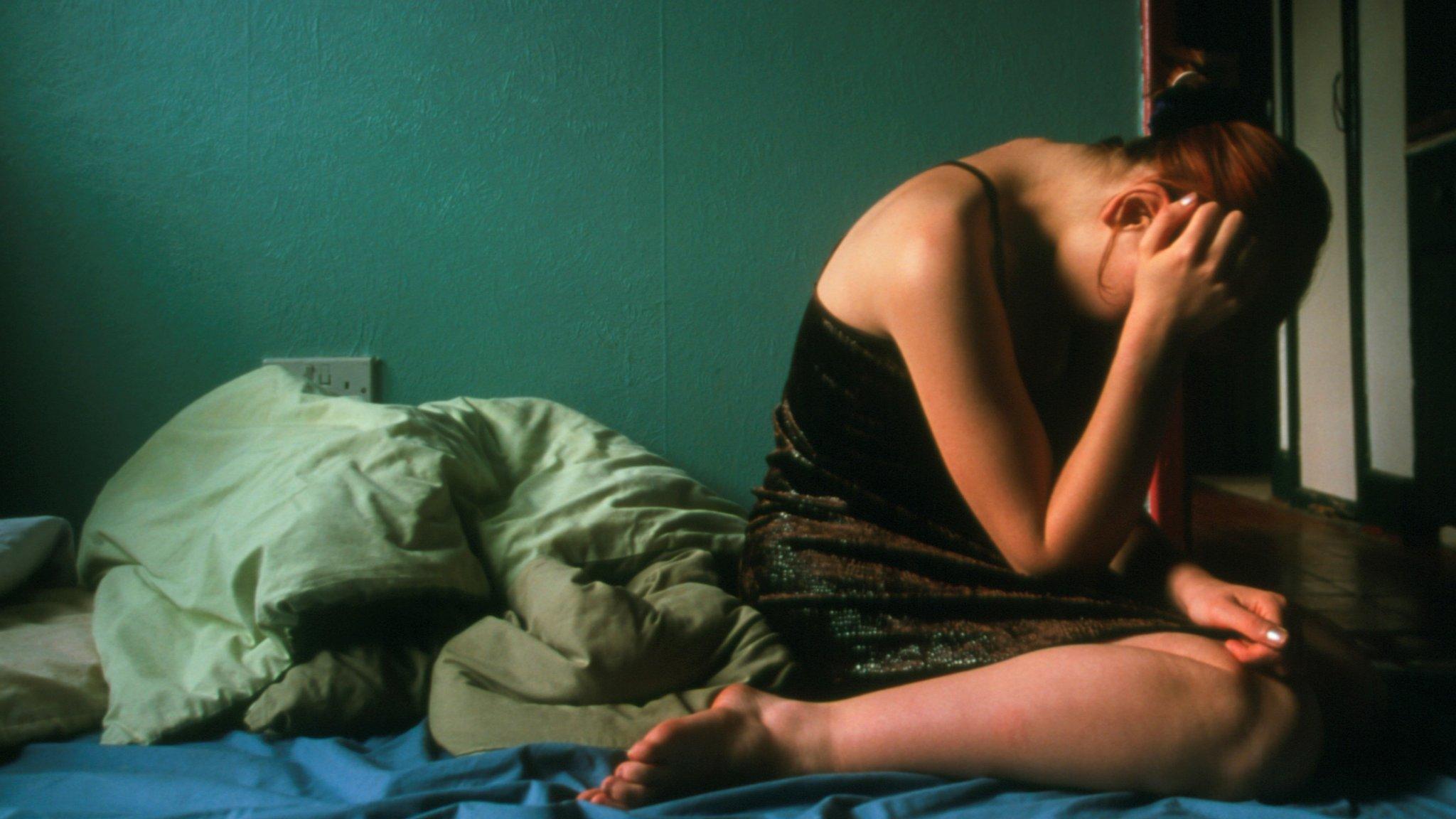
- Published31 July 2015
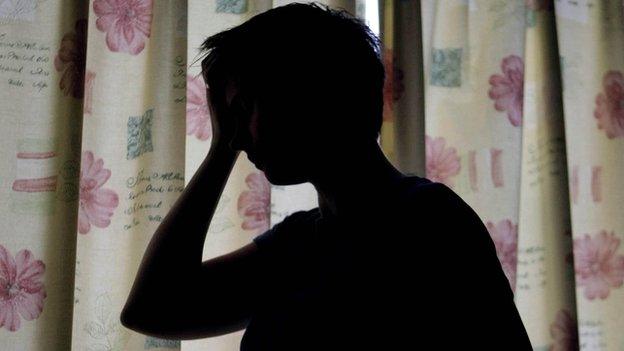
- Published19 February 2015
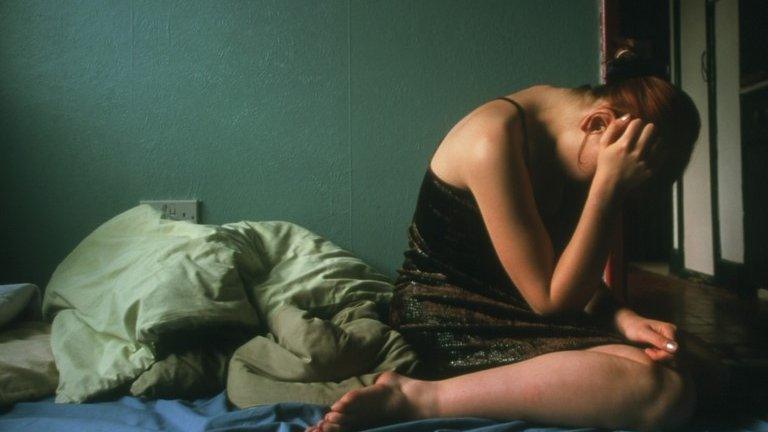
- Published29 November 2014
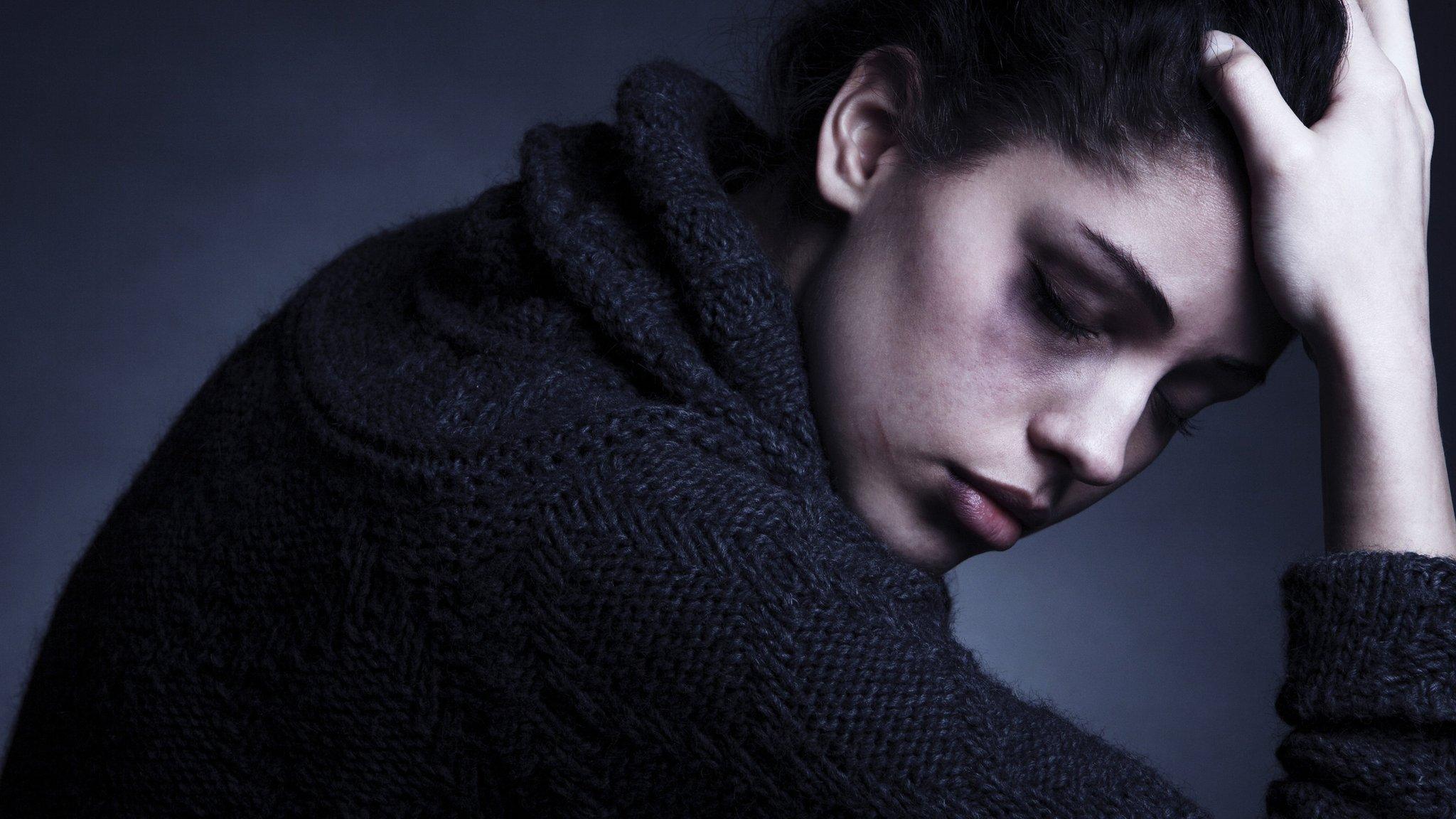
- Published31 July 2014
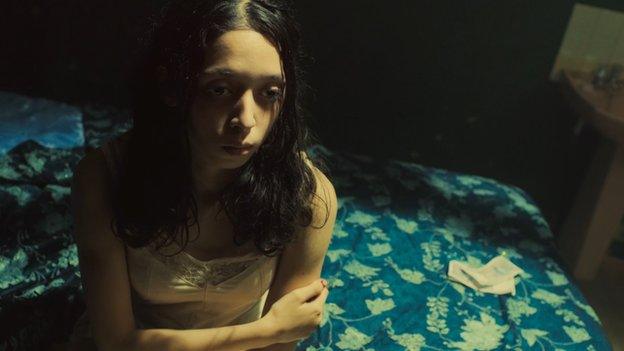
- Published21 February 2014
